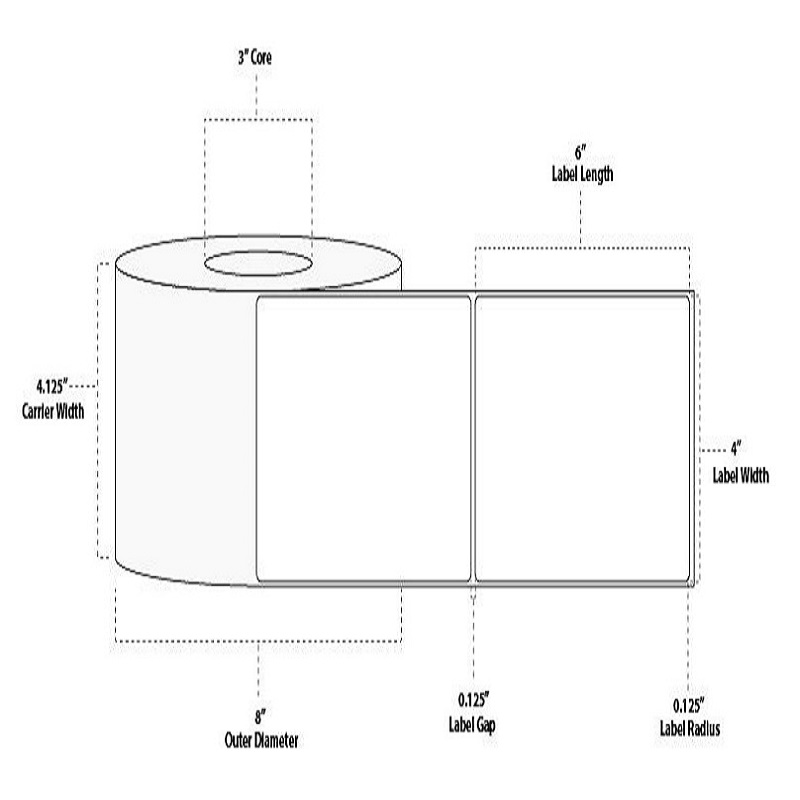In the fast-paced world of business, efficiency and functionality are paramount. Labels may seem like a small detail, but they play a crucial role in numerous industries, from manufacturing and warehousing to retail and healthcare. One label printing technology that has proven its worth over the years is thermal transfer printing. In this blog post, we will explore the advantages of using thermal transfer labels for your business.
1. Durability: One of the most significant advantages of thermal transfer labels is their exceptional durability. These labels are designed to withstand harsh environmental conditions, making them perfect for applications where labels may be exposed to moisture, chemicals, UV light, or extreme temperatures. Whether it’s for outdoor use, on product packaging, or in a warehouse where labels can be subjected to rough handling, thermal transfer labels are known for their longevity.
2. High-Quality Printing: Thermal transfer printing produces high-quality, crisp, and professional-looking labels. The process involves the transfer of ink from a ribbon onto the label material. This results in clear and long-lasting text and graphics, making your labels stand out. The thermal transfer technology is versatile, allowing you to print not only text but also barcodes, images, and logos with precision.
3. Versatility: Thermal transfer labels can be used on a wide range of label materials, including paper, polyester, polypropylene, and more. This versatility allows businesses to use them for various applications, such as product labeling, shipping and logistics, inventory management, and compliance labeling. They are also compatible with a variety of label sizes and shapes, providing flexibility in design and application.
4. Resistance to Fading: Unlike direct thermal labels that may fade over time when exposed to heat or UV light, thermal transfer labels maintain their legibility for years. This resistance to fading is particularly important in industries like healthcare, where patient safety relies on the accuracy of labels on medications and specimens.
5. Cost-Effective in the Long Run: While thermal transfer printing may have slightly higher upfront costs due to the need for ribbons, it often proves cost-effective in the long run. The durability and longevity of thermal transfer labels mean you’ll replace them less frequently, reducing overall label costs over time.
6. Compliance and Traceability: For businesses in regulated industries, such as pharmaceuticals and food production, maintaining compliance and traceability is essential. Thermal transfer labels can withstand the rigors of regulatory requirements, ensuring that your products and processes remain in compliance.
7. Customization: Thermal transfer labels offer extensive customization options. You can tailor them to your specific needs, incorporating company branding elements and variable data. This personalization allows for a professional appearance and can help build brand recognition.
In conclusion, thermal transfer labels offer numerous advantages for businesses across various industries. Their durability, high-quality printing, versatility, and resistance to fading make them a reliable choice for labeling needs. While there may be a slight initial investment, the long-term cost-effectiveness, along with the ability to maintain compliance and traceability, make thermal transfer labels an excellent choice for businesses looking to enhance their labeling solutions.

